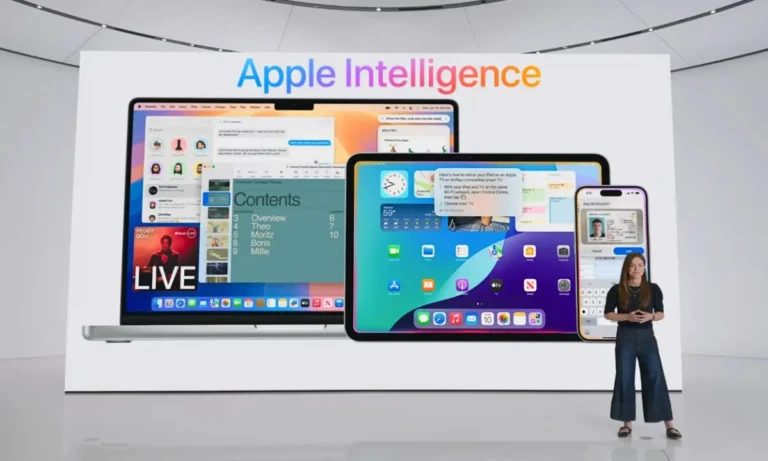Apple has announced its groundbreaking AI initiative, Apple Intelligence, aiming to revolutionize user interaction with its devices. This new AI system integrates advanced machine learning and AI capabilities into Apple’s ecosystem, promising enhancements in user experience, privacy, and productivity. Here’s a comprehensive look at what Apple Intelligence has to offer, including its release date, key features, privacy measures, and more.
Release Date and Compatibility
Apple Intelligence is expected to be released with iOS 18, iPadOS 18, and macOS Sequoia which will likely be announced in the fall of 2024. Apple usually unveils new iOS versions during its annual WWDC event in June. The developer beta versions of these operating systems are already available with a public release in September.
Initially, the AI features will be exclusive to the iPhone 15 Pro and 15 Pro Max, as well as iPads and Macs equipped with M1 or newer chips. Apple has justified this limitation by citing the advanced hardware requirements necessary for the intensive AI processes, which leverage the latest neural engines, GPUs, and CPUs. At launch, these features will be available only when the user language is set to English.
Key AI Features
Apple Intelligence focuses on three main functions: writing assistance, image creation and editing, and enhancing Siri’s capabilities. These features are designed to be consistent across iOS, iPadOS, and macOS, ensuring a unified experience across devices.
Writing Tools
Integrated into iOS 18, iPadOS 18, and macOS Sequoia, the Writing Tools feature will proofread and rewrite text, summarize content across apps like Mail, Notes, and Pages, and offer smart replies in emails. Third-party developers can also integrate these tools into their apps via API calls. For instance, the Mail app will provide summaries of emails and suggest responses, while the Notes app will offer audio transcription, summarization, and a built-in calculator for solving equations.
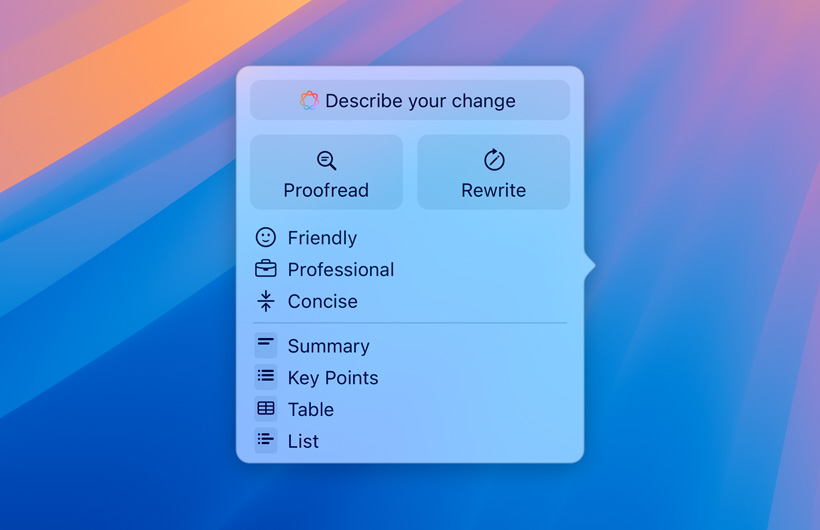
Image Playground
The Image Playground app will handle image creation and editing, allowing users to generate pictures in Animation, Illustration, and Sketch styles. This app will integrate with other Apple apps like Messages, enhancing the visual experience. The Photos app’s Memories feature will use AI to create storylines and short films from selected photos and videos, complete with chapters based on identified themes.
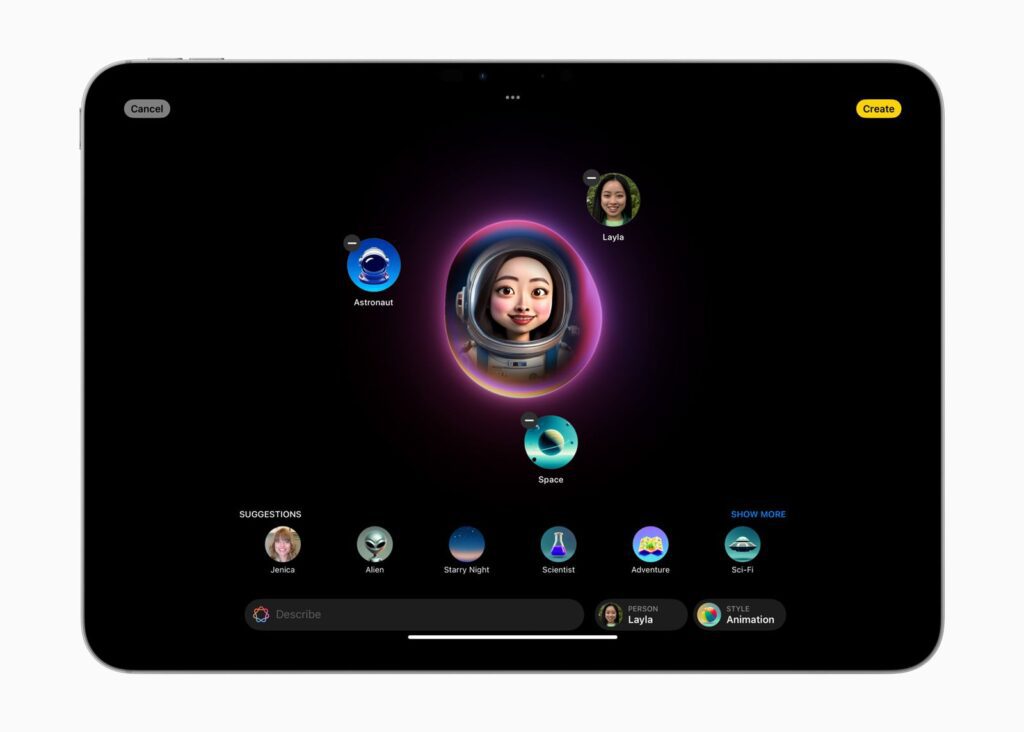
Enhanced Siri
Siri will see significant improvements with Apple Intelligence, becoming more conversational and capable of natural language processing. Siri’s memory will become more persistent, enabling it to recall details from previous conversations. Users will be able to switch seamlessly between spoken and written prompts.
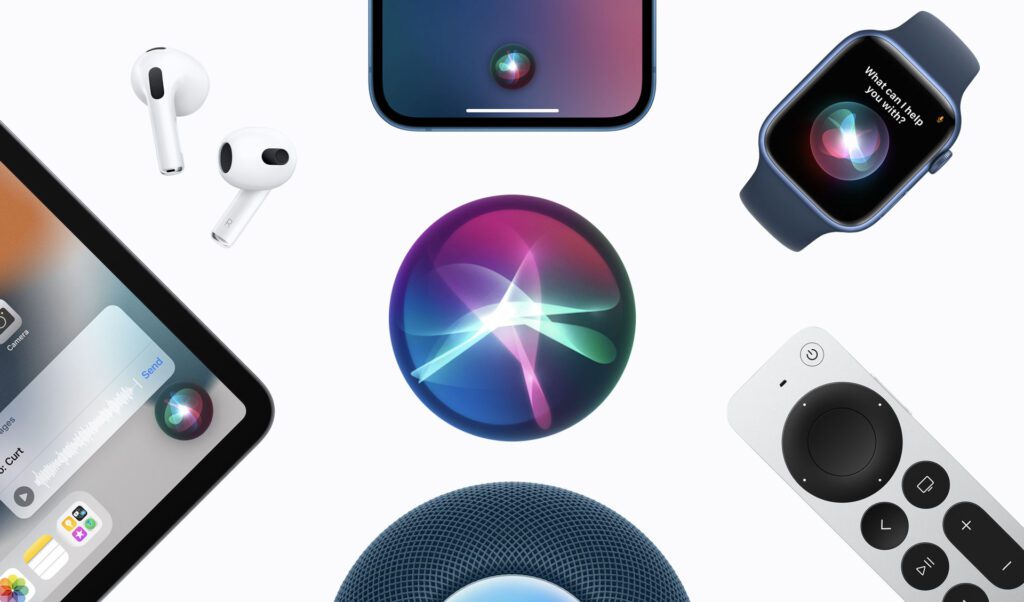
Privacy Measures
Privacy is a cornerstone of Apple Intelligence. Apple has developed its Private Cloud Compute (PCC) to handle complex user queries securely. Most operations will be processed on-device using Apple’s latest A17 and M-family processors, ensuring that personal data remains private. Only necessary data will be transmitted to PCC for tasks requiring greater computational power, and this data will not be stored or accessible to Apple.
Craig Federighi, Apple’s senior vice president of Software Engineering, emphasized this during WWDC 2024: “It’s aware of your personal data, without collecting your personal data.” He added, “Your data is never stored or made accessible to Apple. It’s used exclusively to fulfill your request and, just like your iPhone, independent experts can inspect the code that runs on these servers to verify this privacy promise”.
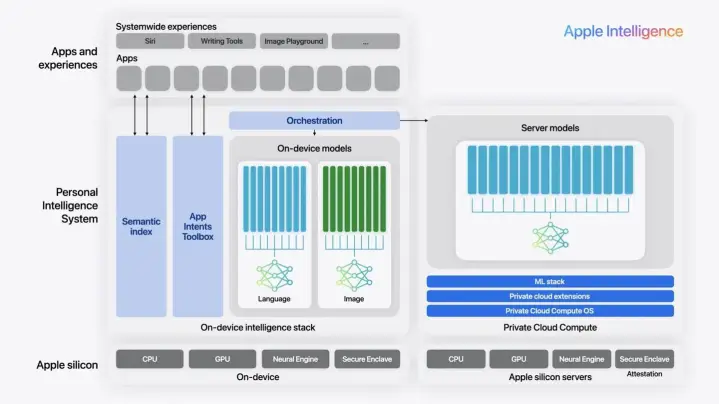
OpenAI Partnership
Apple has partnered with OpenAI to integrate ChatGPT functionality into Siri and Writing Tools. This collaboration will enhance Siri’s capabilities, allowing it to handle more complex queries by leveraging OpenAI’s public compute cloud. While this raises some privacy concerns, Apple ensures that user permission will be required before transmitting requests to OpenAI.
Apple and Meta are in discussions to integrate Meta’s AI models into Apple Intelligence. This collaboration will enhance the AI capabilities of Apple’s apps, similar to Apple’s existing partnership with OpenAI’s ChatGPT. Meta’s AI is expected to bring additional expertise and functionality, further improving user experiences.

User Excitement and Industry Impact
The introduction of Apple Intelligence has generated significant excitement. Analysts like Tarun Pathak from Counterpoint Research and Thomas Monteiro from Investing.com highlight the strategic advantage Apple gains by focusing on privacy and on-device capabilities. This approach is expected to attract more customers and boost the company’s services division, reducing its reliance on hardware sales.
Despite some concerns about the OpenAI partnership, industry experts believe Apple has successfully positioned its AI capabilities to create a niche for itself. By integrating AI deeply into the operating system, Apple aims to drive unprecedented adoption and use of AI in daily life.
Additional Features and Future Updates
Apple Intelligence will be available in beta as part of iOS 18, iPadOS 18, and macOS Sequoia in September or October, with some features and additional languages rolling out over the next year. A new Passwords app will also debut with iOS 18, enhancing user security by providing alerts for weak or compromised passwords. The latest operating system will offer more control over app visibility, contact sharing, and accessory connections, along with new accessibility updates like eye tracking.
Economic Outlook
The launch of Apple Intelligence is expected to enhance Apple’s product offerings and attract a larger user base, potentially boosting sales. Despite a recent decline in quarterly net profit and revenue, Apple’s stock has shown a positive response to the announcement, indicating strong market confidence in the new AI capabilities.
In summary, Apple Intelligence represents a significant leap forward in AI integration, offering enhanced functionality, robust privacy protections, and a seamless user experience across Apple’s ecosystem. As it rolls out later this year, it is poised to set new standards in personal and secure AI use.

